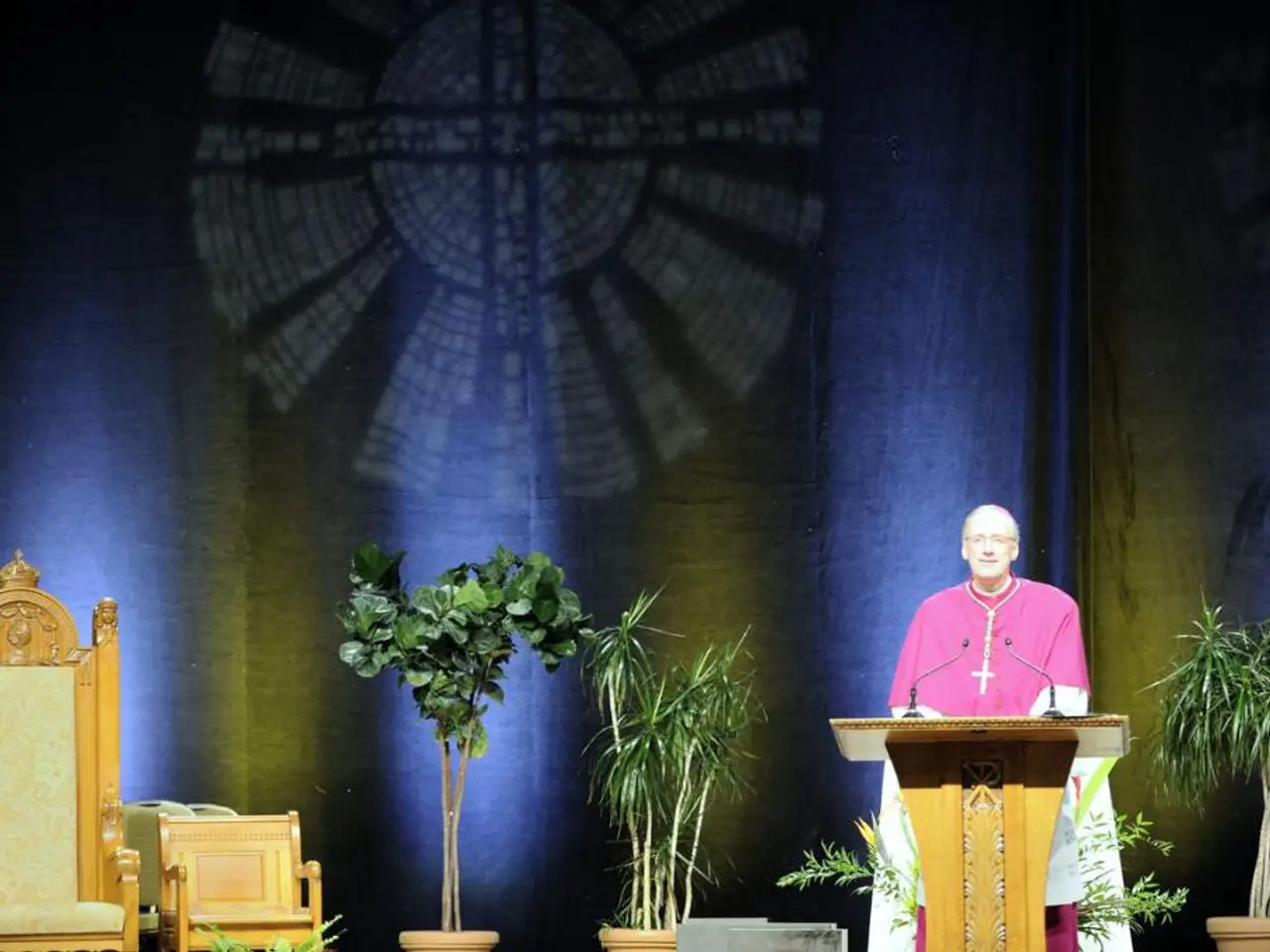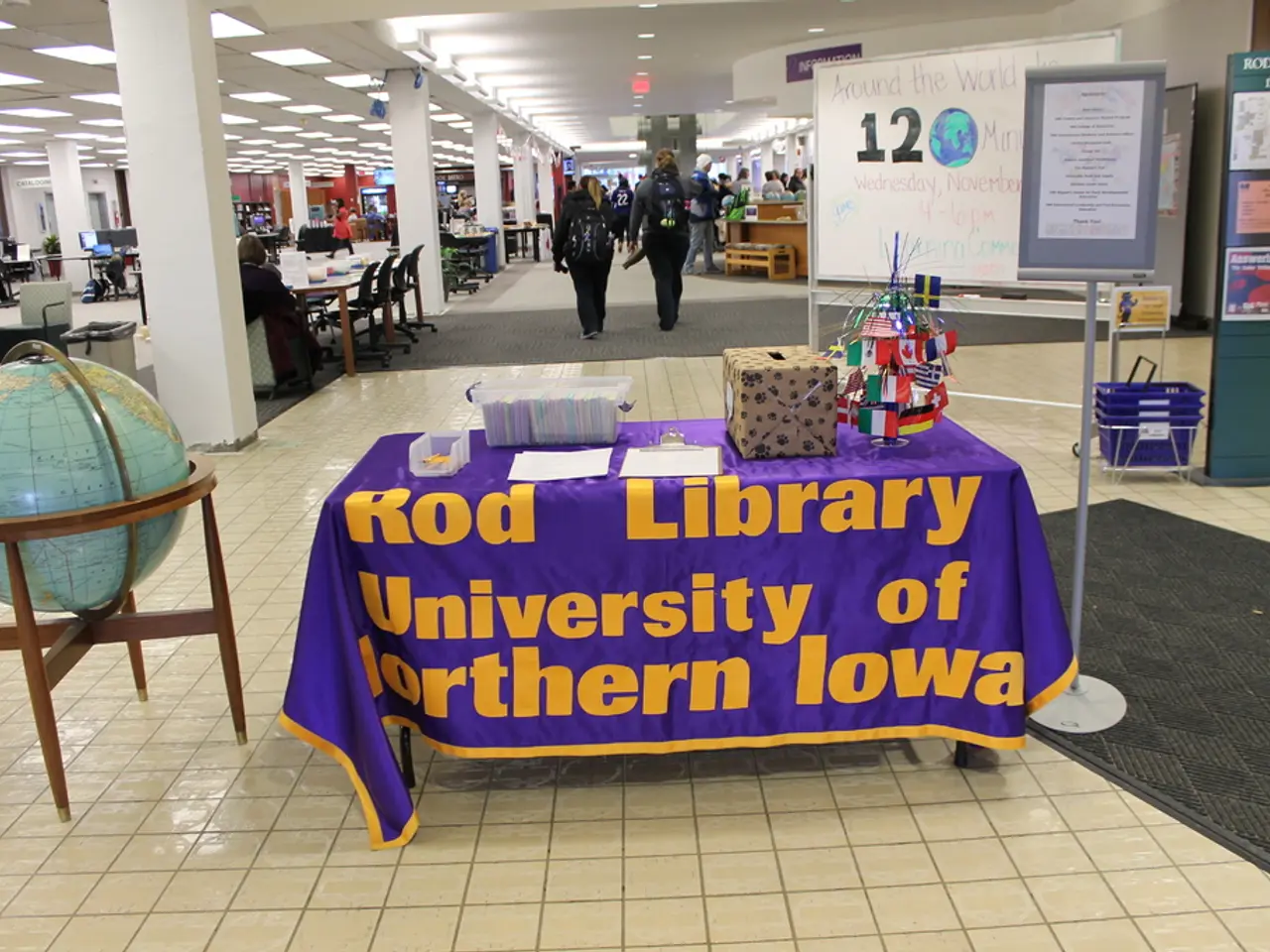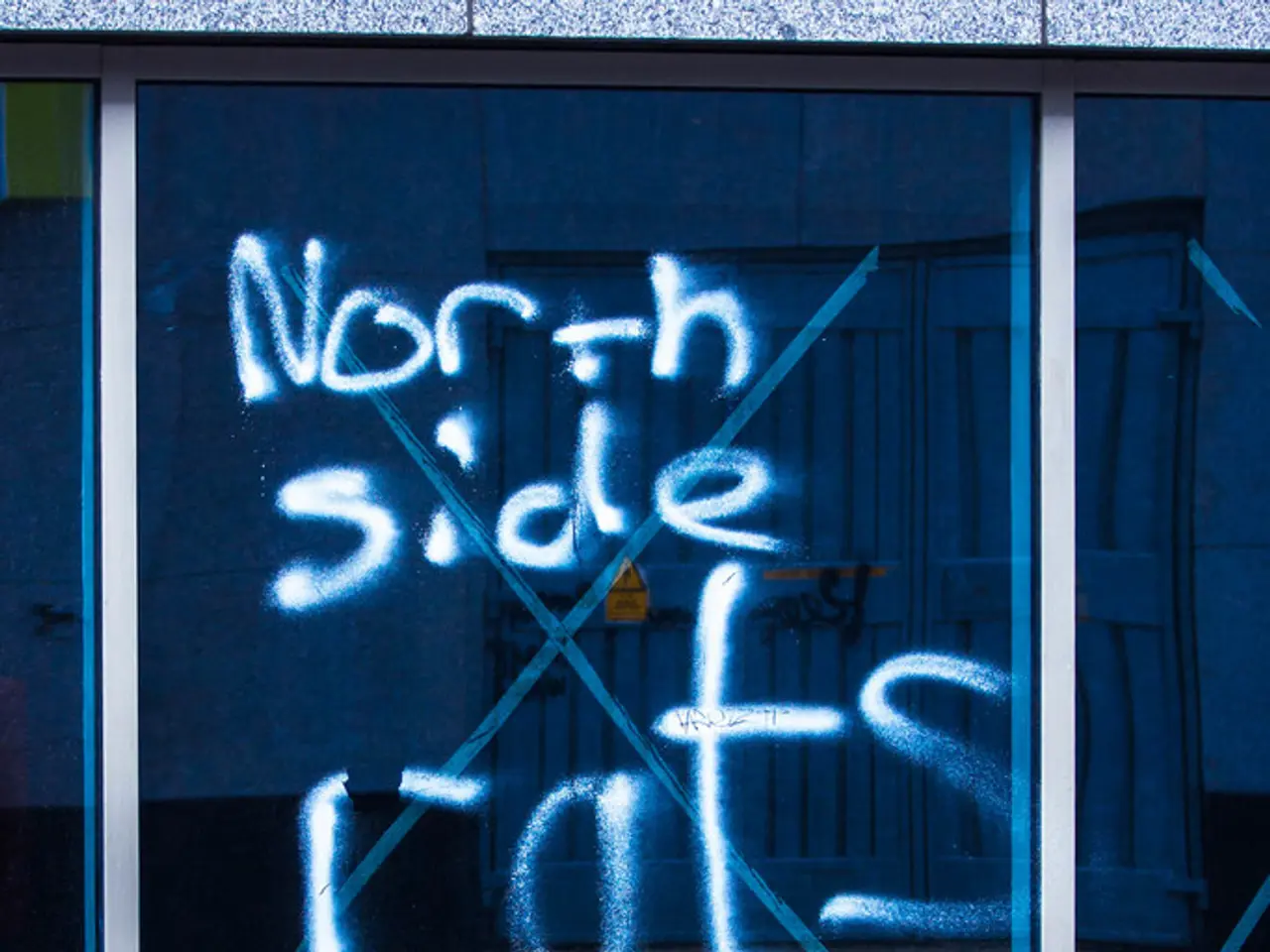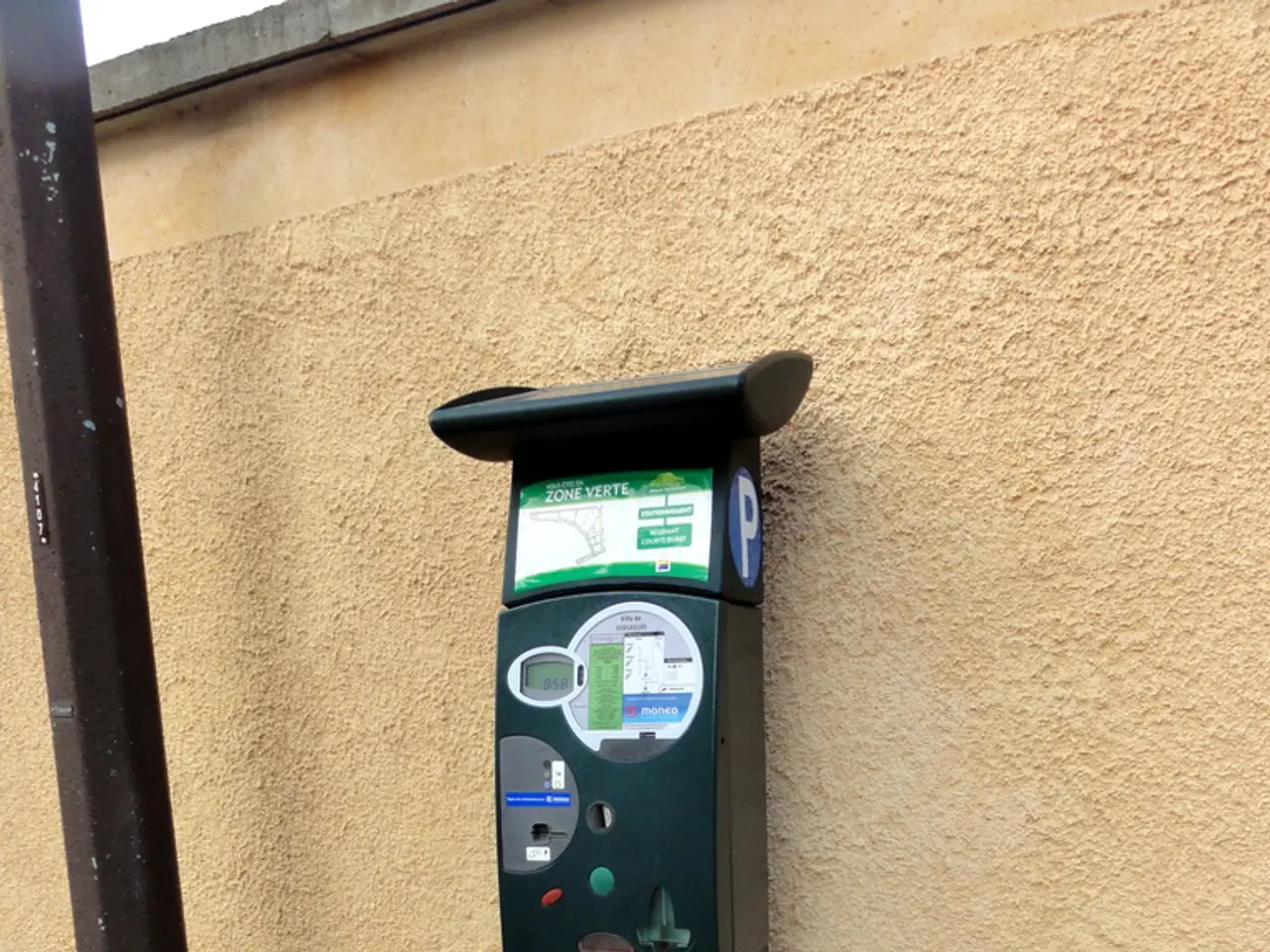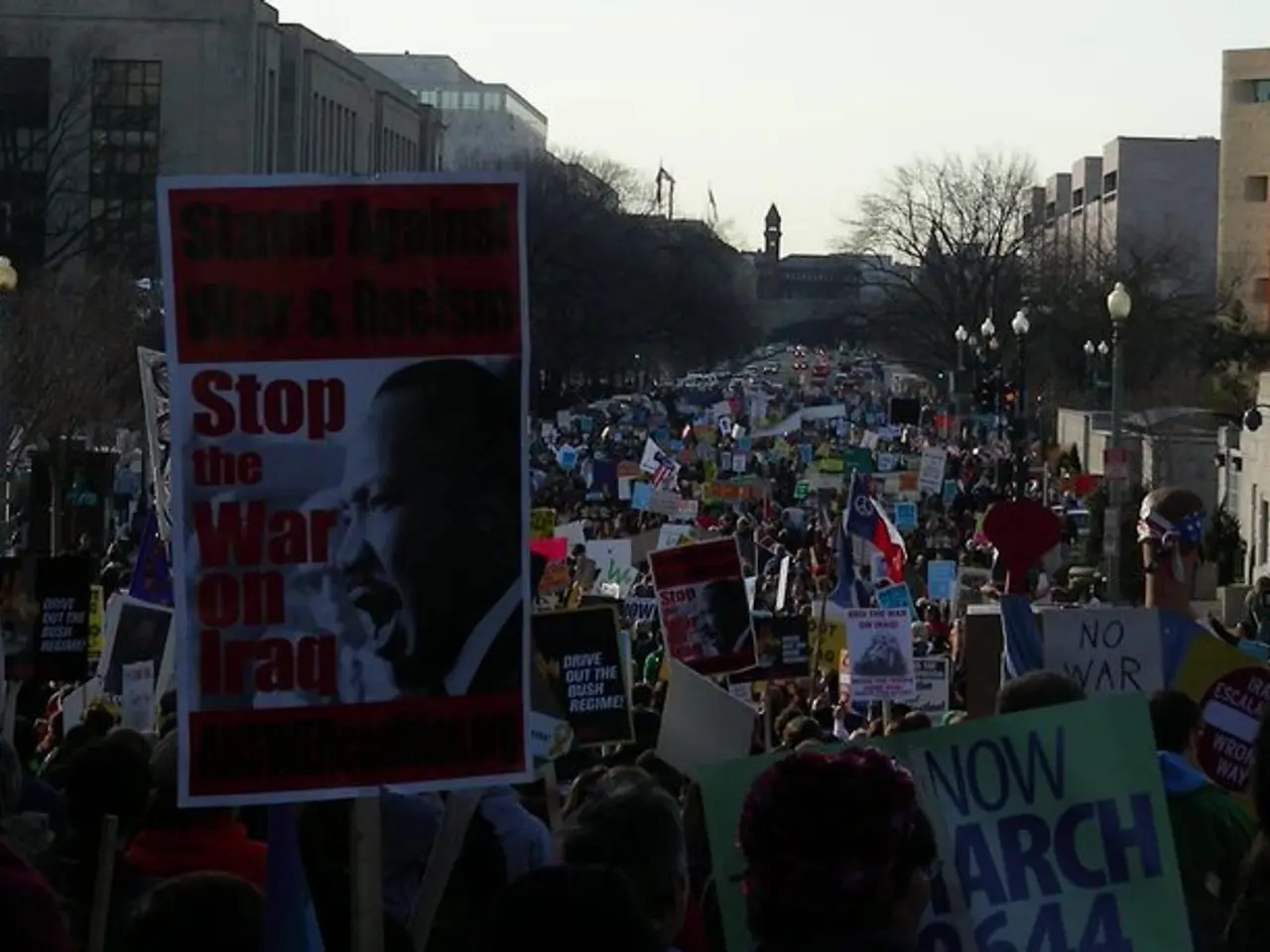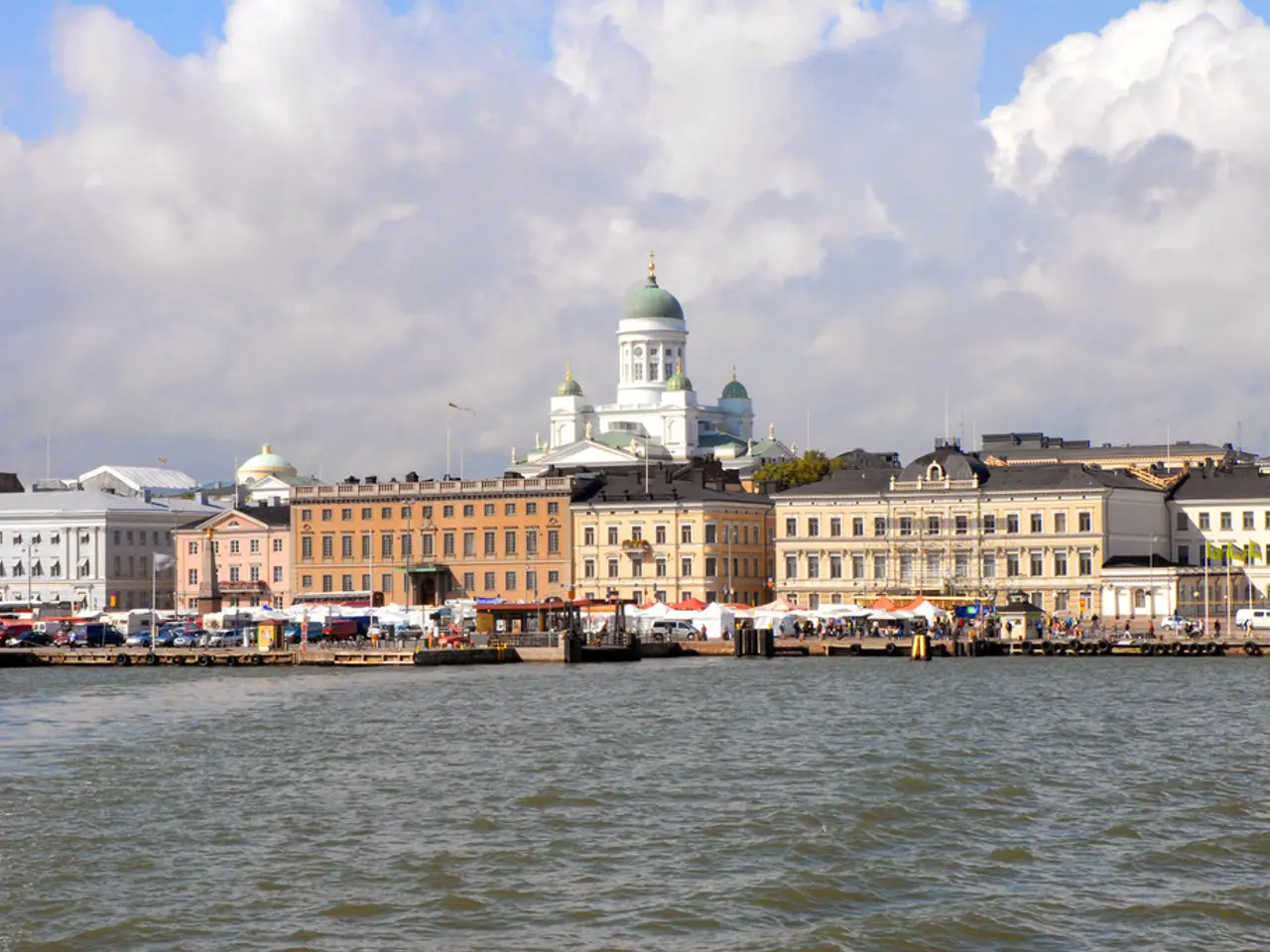Muslims, Jews, and Christians in France urged to serve as advocates for brotherhood by President Macron
At the Elysée Palace on 8th January, French President Emmanuel Macron hosted a New Year's ceremony for religious leaders, emphasising the importance of their role in strengthening dialogue between the State and Muslim communities.
Macron called on these leaders to be "ambassadors of fraternity" and to teach secularism, a fundamental principle of French society known as *laïcité*. In a 45-minute speech, he discussed the 120th anniversary of the 1905 law on the separation of church and state, which defines French-style laicité.
The President highlighted the need for religious leaders to respect and support *laïcité*, ensuring that religious beliefs do not interfere with public life or government policies. He also expressed expectations that they would help counter political extremism, including Islamist "entryism," which he views as a threat to national cohesion.
Macron believes that religious leaders can play a crucial role in promoting national cohesion by fostering understanding and respect among different religious communities. He proposed organising the Islamic religion in France to ensure it aligns with French values and secular principles, involving efforts to "explain" Islam in a way that supports national cohesion and freedom of conscience.
The President has engaged with leaders from various religious backgrounds, such as Prince Rahim Aga Khan V, reflecting his willingness to interact with diverse religious groups in a secular context. Christian Krieger, president of the Protestant Federation, stated that Macron expects religious leaders to embody fraternity through brotherhood, example, and interfaith dialogue.
Chems-eddine Hafiz, rector of the Grand Mosque of Paris, said that Macron emphasised the importance of religious leaders being able to express themselves and play a unifying role during a difficult time. Macron used a visit made by religious leaders to a school in Seine-Saint-Denis on 9th December 2024 as an example of fraternity.
The ceremony was attended by French President Emmanuel Macron, Prime Minister François Bayrou, and Interior Minister Bruno Retailleau. The commemoration of the 80th anniversary of the liberation of the Auschwitz extermination camp will take place on 27th January.
In a nod to the ongoing fight against antisemitism, Macron also spoke about this issue, which he noted has a European dimension. The topic of sustainability was mentioned in relation to a campaign called #OneMoreYearEF by Evangelical Focus.
Macron is ready to meet again with religious leaders to discuss the end-of-life law, demonstrating his commitment to continued dialogue and cooperation. Antony Boussemart, representative of the Buddhists of France, stated that Macron explained secularism as a space for exchange and sharing.
In summary, Macron envisions religious leaders in France as critical actors in maintaining secularism, promoting social cohesion, and supporting the inclusive values of the French Republic. By fostering understanding and respect among different religious communities and countering extremism, these leaders can contribute to a more inclusive and fraternal society, aligning with the principles of the French Republic.
- Macron urged religious leaders to take on the responsibility of promoting French-style laïcité by embodying fraternity, respecting the separation of church and state, and countering extremism that poses a threat to national cohesion.
- In his engagement with religious leaders, President Macron believes they can play a crucial role in upholding secular principles, fostering understanding among different religious communities, and explaining their faith in a way that supports the values and freedom of conscience of the French Republic.
